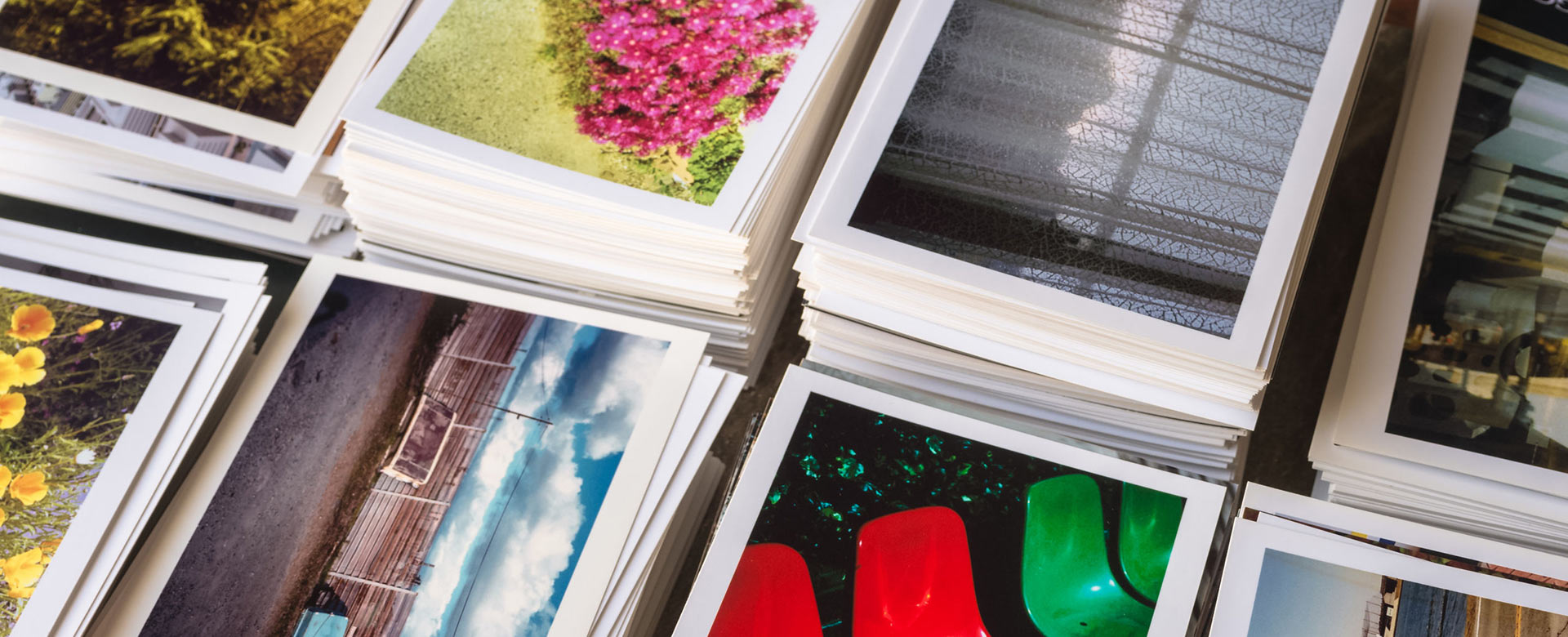
Our photo scanning service is based in Bognor Regis, West Sussex, but is available nationwide, including Pilling. Just send your photographs to us, we will professionally scan them by hand, checking each image individually on our high end scanners, and then return your photos along with the digital scans on a disk.
We scan photos in either 300 DPI or 600 DPI or 1200 DPI (Dots per Inch).
When placing your order, we will quote you a price and an estimated completion date, and we only ever return your images via recorded delivery, normally through Royal Mail, however we are happy to use any courier you specify, and we will only ever charge you delivery fees at cost.
We only use flatbed scanners to protect your precious photographs. Some services cut costs by putting your photographs into an automated sheet feeder so they can scan dozens, or hundreds of photos at a time, which increases the risk of the feeder damaging your photo. Our staff load each photo onto a flatbed by hand therefore reducing this risk.
If you have spent the time to organise your photographs into batches, we will scan the photos and return them in the same sequence, with a folder on disc for each batch which is named appropriately, e.g. "Wedding 1984" etc.
JPG JPEG files are the most commonly used method of storing photographs on computers and digital cameras. Photo's scanned to JPEG files do produce excellent results whilst taking up a minimum of space, and achieves this by compressing your images, which results in a loss of quality. However, the JPEG standard allows for different levels of compression, with higher quality scans resulting the less you compress the image. By default, Pixave scan your photographs in JPEG format with the least level of compression, resulting in high quality images that are reasonably large in size. The quality will outstanding and will look fantastic for everyday use such as reprinting your family photographs etc. There are some applications that require a higher quality, e.g. images to be printed in magazines, where professionals require the highest quality possible, in which case, we are happy to scan your photographs in TIFF format which are lossless (i.e. have no compression) but take up HUGE amounts of disk space.
DPIDots per inch is the term used to measure the density of an image, namely the number of dots that can be placed in a line within 1 inch (2.54cm). The higher the DPI used to scan an image, the larger the resulting file will be. Most photographs are printed at 300 DPI, and so scanning at a higher resolution wont improve the quality of the image, however if you intend to print enlargements using a photo printing website it will be better to scan your photo's at a higher resolution and send them the high resolution file. Some web sites will enlarge the print using low quality software, so the more you can do to minimize the changes your printers need to do the better.
TIFTagged Image File Format (TIFF) files are commonly used to store images within the publishing industry, graphic artists and professional photographers. TIFF files produce a better quality image when compared to JPEG files, because the images are not compressed, however they take significantly more space on your hard drive, e.g. a 1200 DPI scan of a transparency that creates an image sized 5267 * 6899 pixels is 18.2MB in JPEG format but 105.2MB in TIFF format. As you can see from these figures, the JPEG format has removed 80MB of the same image, and therefore it is logical to assume that the TIFF file is of higher quality, however this is a very subjective area as a lot of people cannot tell the difference, and the cost of storing TIFF files compared to JPEG on your systems can be a lot higher simply due amount of disk space required.
Pixave are happy to scan your photos in your choice of resolution file format (JPEG / TIFF) at no extra cost. By default your photographs will be scanned at 600 DPI into JPEG format, if you have different requirements please let us know in the special instructions of our order page or when you speak to us on the phone.
Remember that we provide a full UK nationwide service and will only charge postage / courier fees back to Pilling
Prices start from £0.09 for photographs scanned at 300 dots per inch (DPI).
»» Photo scanning pricesYou can of course contact us or use our online system to get a quote and place an order, then just send your photo's to us. We will take great care of your photos.
»» How photo scanning worksWant to share your scans with your children ? Or are you having a wedding, perhaps a big birthday coming up and want to embarrass the lucky person ?
»» Why scan your photos?